Published 13 Jun 2025
Why Dealerships With Good Car Inventory Win (And How to Make Sure Yours Does)
Imagine this: A shopper looks online to buy a car. They know the model, color, and features they want. They visit three websites, but only one has the exact car ready to sell. It’s not difficult to know which store gets the sale.
Dealerships with good car inventory win every single time. This is because buyers often have multiple options for where they can buy the car they want. They won’t wait for you to restock or find the perfect car for them. They already know where to look.
Your Lot (and Website) Is Your Storefront
Fresh-ups are pretty much extinct these days. Customers no longer visit any dealership just to look around. Even before they’ve submitted an internet lead or shown up at your doorstep, they’ve already done 15 to 20 hours of research.
Not only are they clear on the kind of car they want, but they also know which store they have the best chance of getting it.
So your best bet as a dealership is to 1) have a strong inventory and 2) be able to showcase your inventory exceptionally well not only in your lot but also online.
Listings on your website should have clear photos, clear pricing information, and good descriptions plus it should be updated daily. Your online lot should always look like your real lot to prevent inventory mistakes or missing information, which could lead to lost sales.
What “Good Inventory” Really Means
When you say “good inventory”, it doesn’t always mean having a lot of vehicles in your lot. It’s not about the quantity but rather about the quality of vehicles you have to offer to your buyers. You need to have the right inventory that’s:
-
Clean and safe
-
What people are asking for
-
The right age
-
Priced competitively
Dealerships with good car inventory win because they know what buyers want and stock smartly.
You want to have a good mix of new cars and used cars as well as cars of different makes and models. Look at what sells quickly using market day supply tools to see what’s hot. More importantly, avoid stocking cars that will only end up sitting on your lot for months.
Data Tells You What to Stock
The good news is that knowing what vehicles to keep in your inventory doesn’t have to be a guessing game. You can use your CRM, other inventory tools, and website traffic to give you an idea of what buyers are looking for.
These tools let you know what people are searching for online and which cars are being clicked on the most. That’s what you need to stock.
3rd party sites and apps like vAuto, DealerSocket, Edmunds, and Kelly Blue Book let you see turn rates, pricing heat, and local demand. You can match this information with what your sales team is hearing on the showroom floor or on the phones to come up with the right mix of vehicles that will sell.
Beyond tools, relationship-based sourcing also matters. Some dealers keep in touch with "orphan customers" or buyers who purchased from the store but haven’t serviced regularly. Others mine their CRM for aging service customers with high-equity vehicles. Proactive outreach like equity mining emails or trade-in text campaigns can bring in new inventory without ever stepping into an auction lane.
If a car takes too long to sell, it costs money. If it sells fast, it makes money. That’s why dealerships with good car inventory win consistently.
What Happens If You Stock the Wrong Cars
Bad inventory hurts your business in more ways than you may expect. If a car sits for 60, 90, or 120 days, it racks up multiple costs. For starters, floorplan interest charges eat into gross profit. You may also need to increase your advertising spend just to draw attention. Furthermore, you might be forced to offer heavier discounts to move the car, shrinking margin further
Beyond costs, there are hidden problems. Old inventory affects your lot’s image. It sends a message to customers that your store isn’t active or competitive. It also clutters your digital showroom and lowers search rankings and VDP engagement.
Team morale suffers too. Salespeople lose energy pushing vehicles that buyers don’t want. Managers end up focused on damage control, rather than growth. Bad units take up space where better, faster-moving cars could be.
This is why smart operators track inventory age closely. Tools like Inventory+ or FirstLook flag stale units early. Weekly (or even daily) age reviews let you make decisions fast—reprice, wholesale, or market differently. Cutting your losses early is key to protecting your gross.
Use Your Tools Well
Every dealership is loaded with tools: DMS, CRM, pricing software, inventory heat maps, and more. But having tools isn’t enough—it’s how you use them that counts. Many dealers check their systems once a week, whereas top performers check them daily. They build habits:
-
Age reports are reviewed every morning
-
VDP views tracked and analyzed
-
Price-to-market updates are made in real time
Your tools can tell you which cars get the most attention, which ones go ignored, and what’s trending in your market. Some CRMs can even tell you which leads are waiting for specific makes or trims.
Talk to your sales and BDC teams too. They hear firsthand what customers are asking for. Combine this human intel with the data from your tools to spot gaps in your inventory strategy.
Also, make sure your team is trained. A lot of great software goes unused because no one knows how to read the dashboard. Invest time in using your tools better, not just buying new ones.
That’s why dealerships with good car inventory win. They don’t just have more data. They use it every day to make smarter choices and stay ahead.
Make Your Inventory Work for You
In the car business, it’s not the loudest dealer that wins; it’s the smartest. The one who watches the inventory daily. The one who stocks fast movers. The one who sees what shoppers want before they walk in.
More ads won’t fix poor inventory. Stronger training won’t fix aging cars. Inventory is the heart of your store.
Review your mix every week. Move aging cars quickly. Use your tools fully. And remember: dealerships with good car inventory win every time.
Need more car sales tips? Head over to revdojo.com!
All blog posts

The Future of BDC Training: AI, Automation & the Human Touch
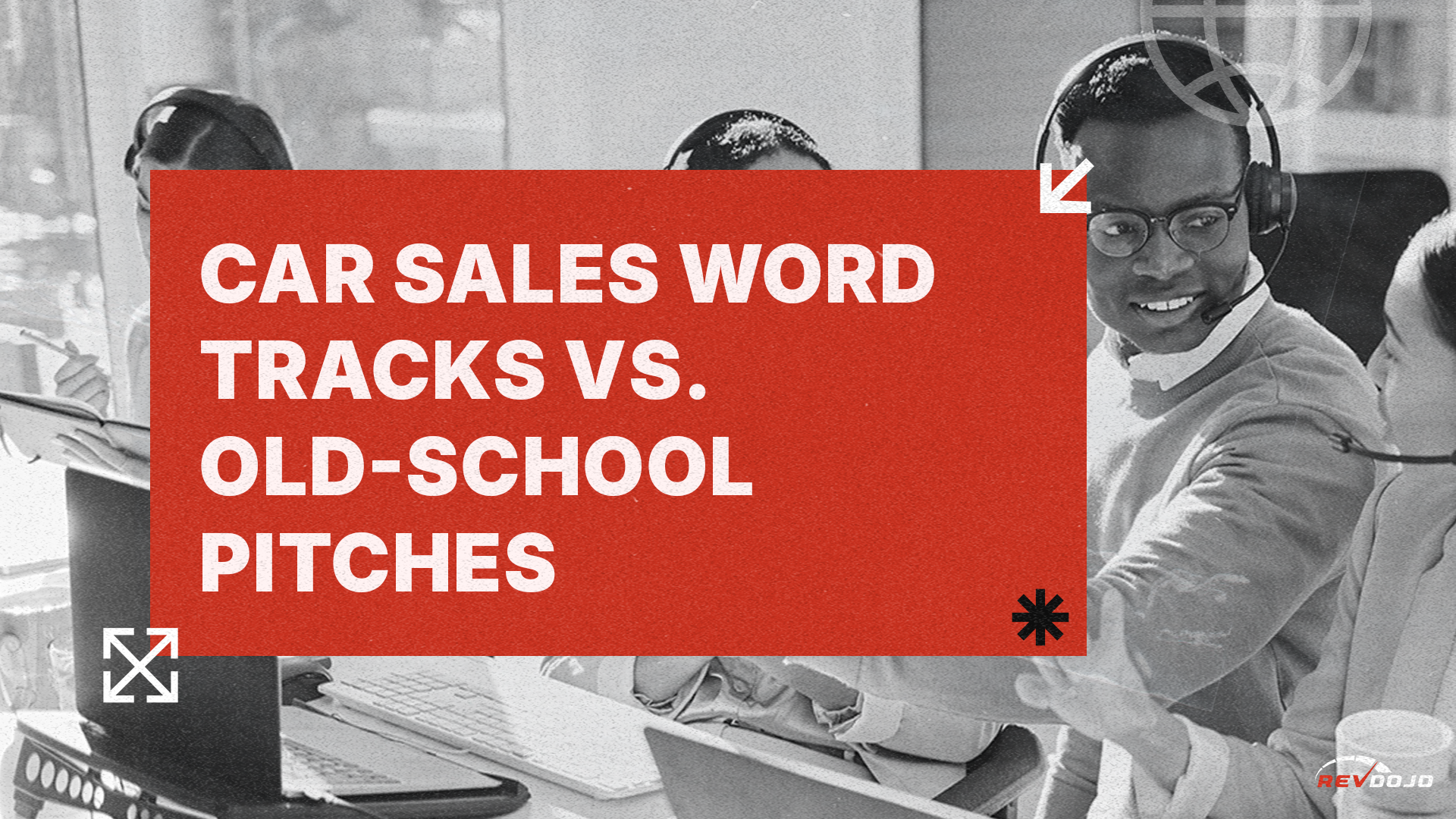
Car Sales Word Tracks vs. Old-School Pitches: What Works in Today’s Market
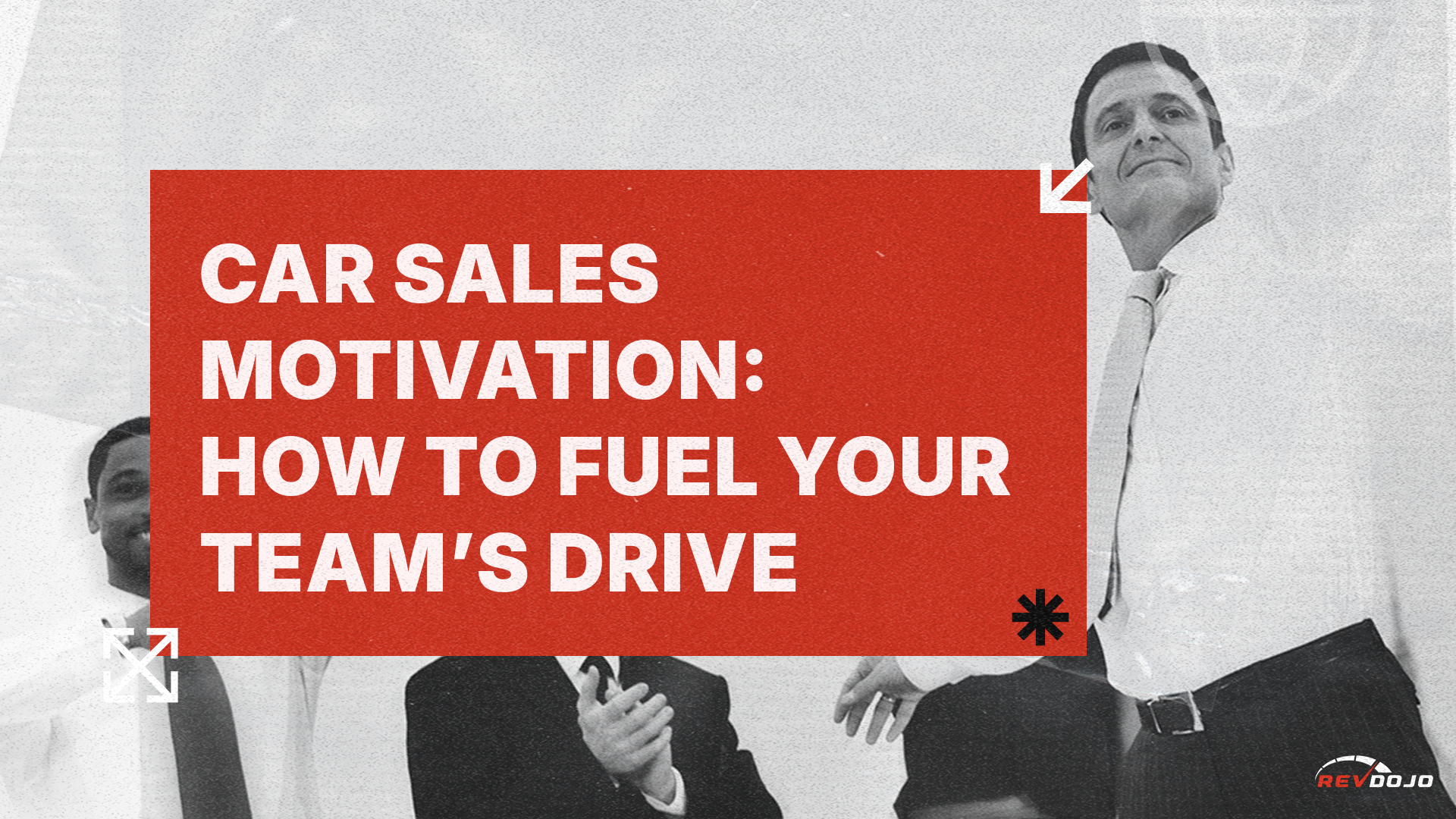
Car Sales Motivation: How to Fuel Your Team’s Drive—Every Day, Every Deal
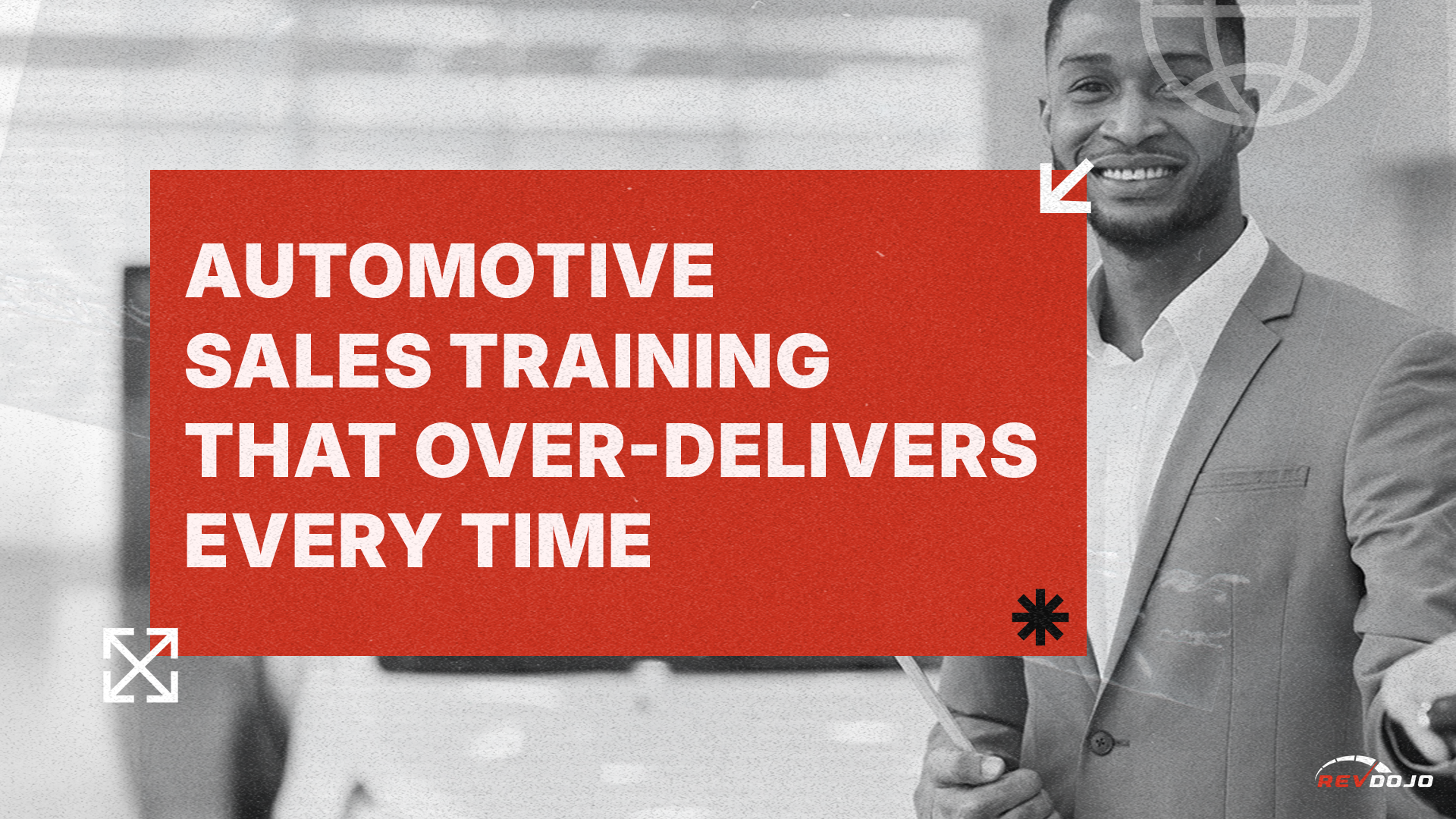
Automotive Sales Training That Over-Delivers Every Time

The Power of Leads Follow-Up: Turning Missed Opportunities into Closed Deals
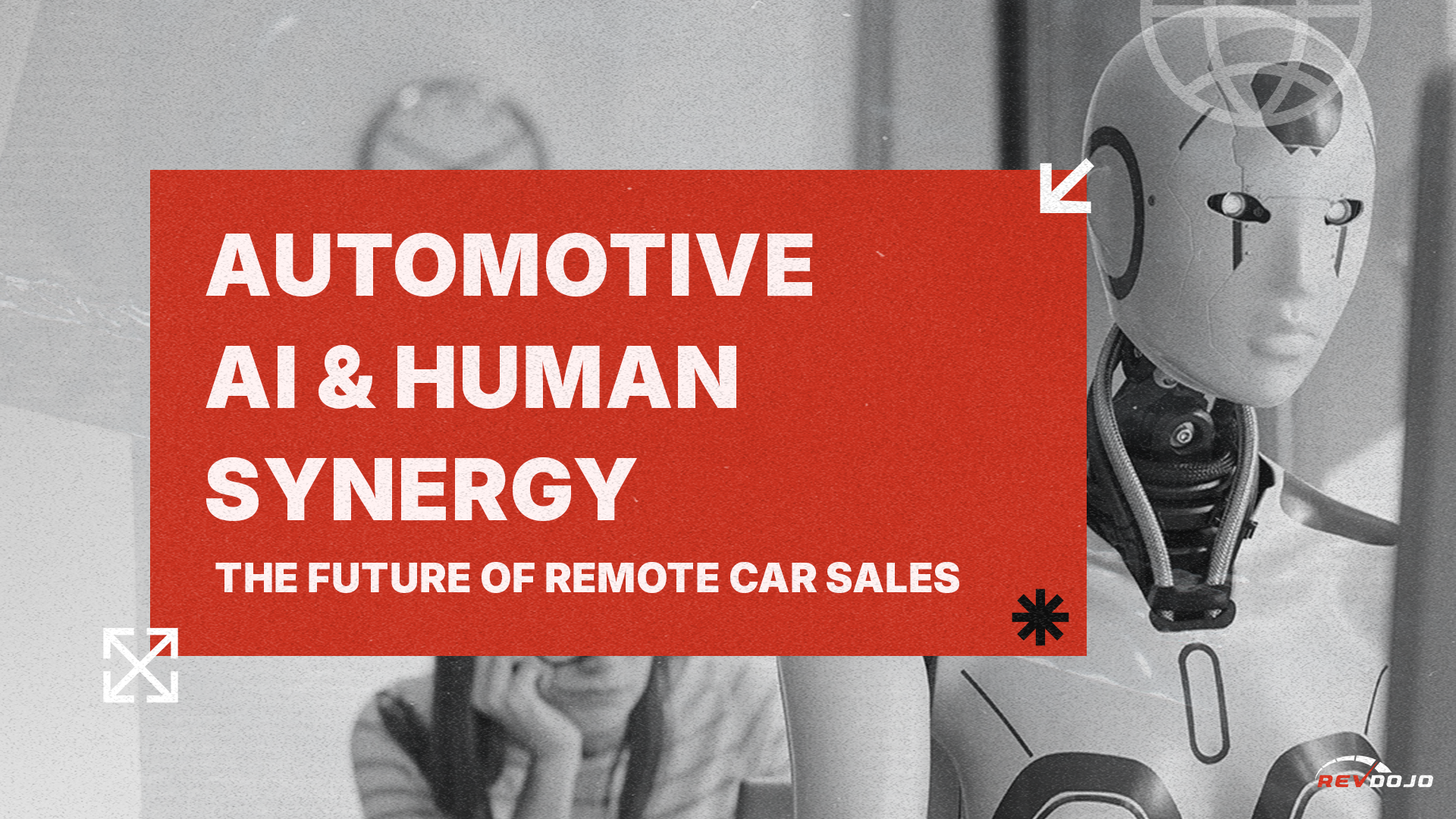
Automotive AI & Human Synergy: The Future of Remote Car Sales
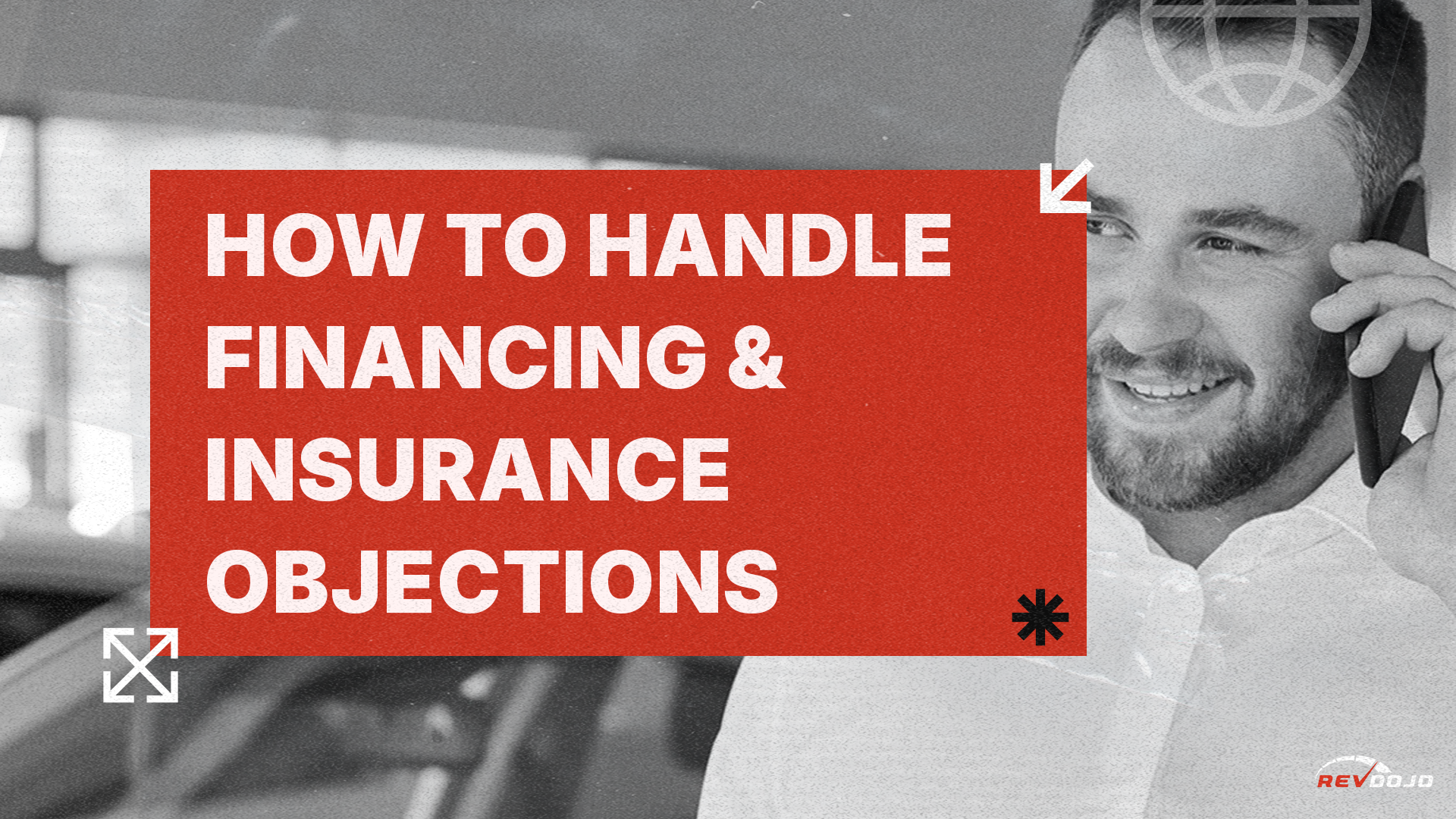
How to Handle Financing & Insurance Objections: Beyond Vehicle Price
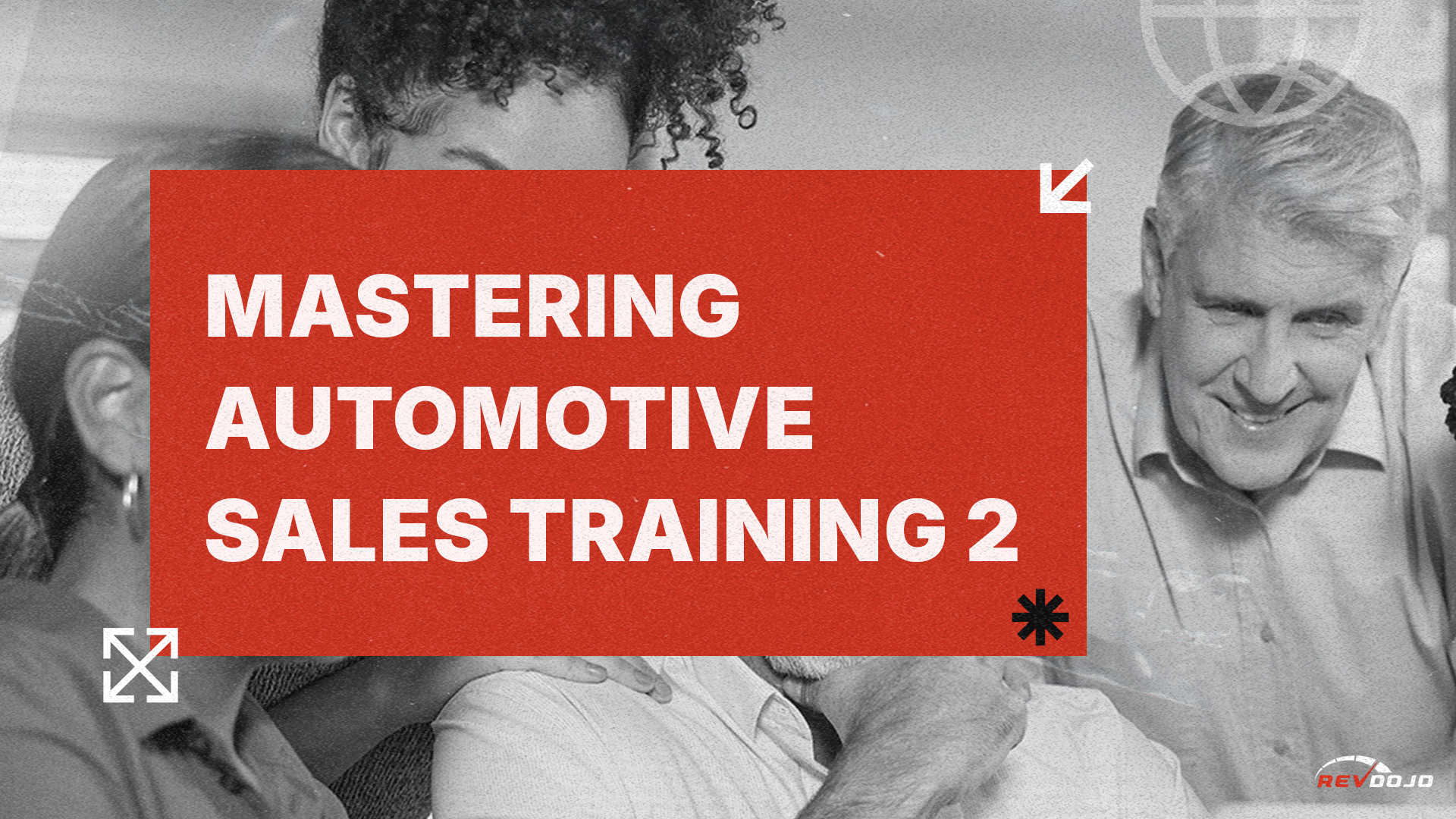
Mastering Automotive Sales Training – Part II
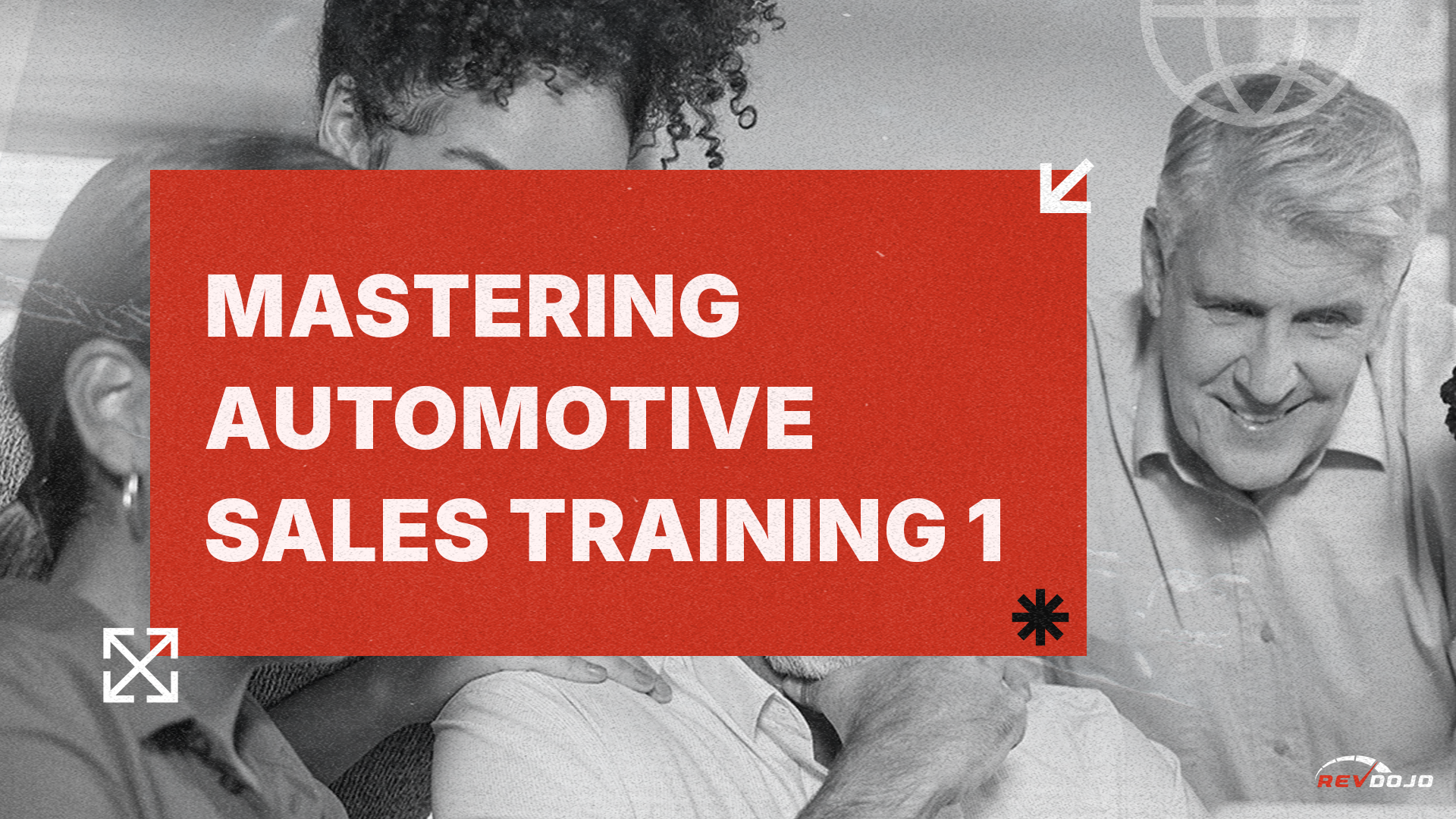
Mastering Automotive Sales Training - Part I

Expanding Your Inventory: How to Defeat the ‘Clack Head’ Mindset and Sell More Cars
RevDojo is the all-in-one solution for automotive businesses looking to thrive in today's competitive market.
© 2024 Revdojo. All rights reserved.